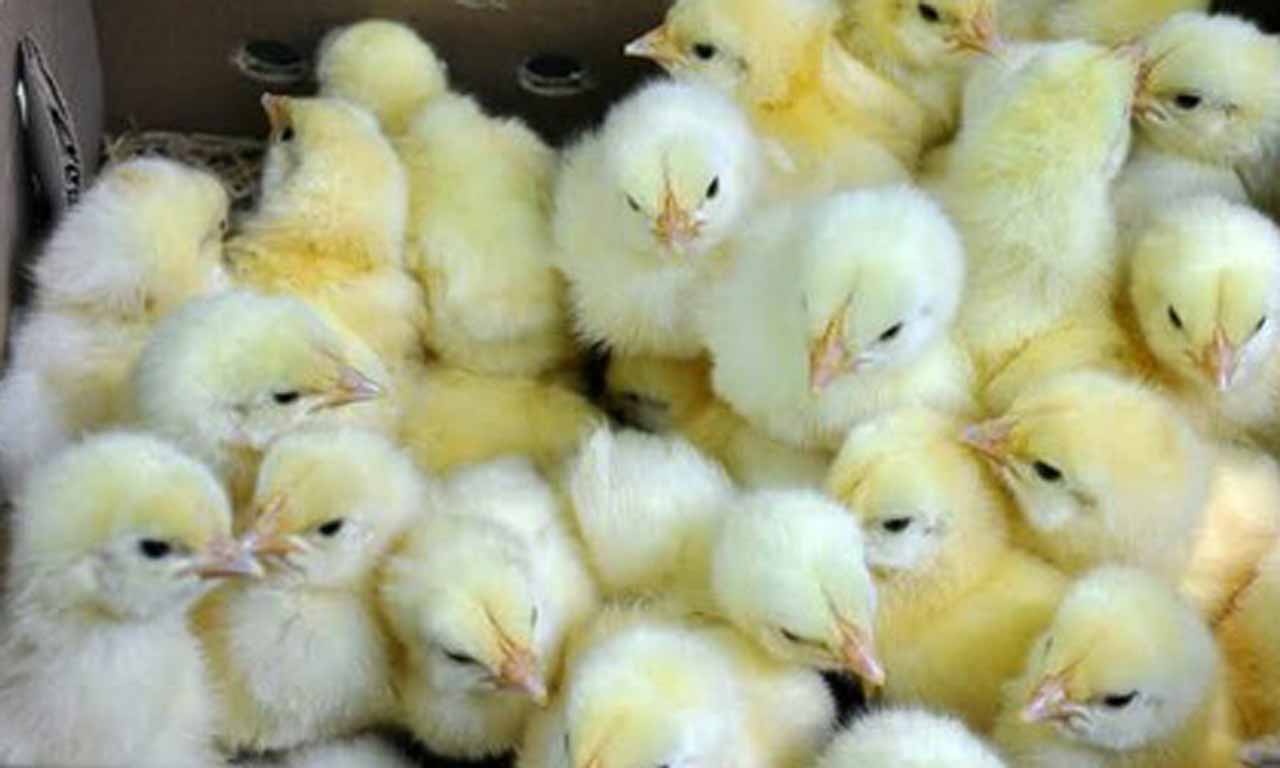Members of the Poultry Association of Nigeria in Oyo State have lost no less than N200 billion as a result of business closures and the enforcement of movement restrictions imposed by the government.
Agboola Gbemisoye, the state chairman of the association, made this disclosure while speaking with journalists in Ibadan, lamenting that the loss was due to the interrupted movement of livestock products and inputs to and from farms.
“We have made series of complaints to appropriate authorities but there is yet to be any change in the attitude of these security operatives who claimed the restriction order is from the Inspector General of Police,.” Gbemisoye said.
Stakeholders in Agriculture Lament Effects of Lockdown on Production
“Day old chicks meant to be transported to other parts of the country from Oyo state are dying on the road due to the refusal of security personnel to let them move.”.
The transportation of poultry occur majorly by road, either from hatchery to production site or from farm to processing plant or market. Those within the industry believe that the restriction of movement poses danger to the industry given its volatile nature.
Gbemisoye also noted that in addition to movement restrictions, the closure of businesses such as hotels, restaurants, eateries, malls and more has led to egg gluts, further contributing to poultry farmers’ losses.
Royal Agricultural Show Cancelled Amidst Ongoing Coronavirus Threat
While demand for meat, poultry and egg production is always high in Nigeria, the products are often transported to locations ranging from a few minutes to many hours away.
Farmers in the state narrated how they have experienced major production problems associated with transportation, such as mortality in transit, an increase in the number of cracked eggs, and a decrease in the meat quality of slaughter birds, as well as dehydration, weight loss, energy depletion and fatigue within their flocks.



